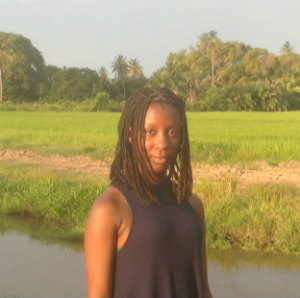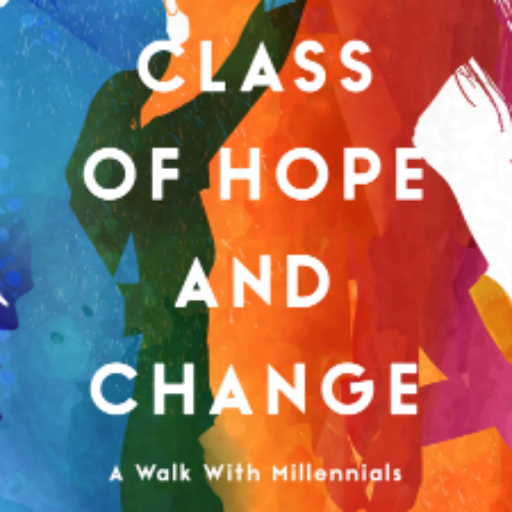Atisha was born in Guyana, South America and spent her early childhood years there before moving to Brooklyn, New York, where she spent her teenage years. At the time of her interview, she was living in New Jersey and spending most of her days “drawing a lot.”
Atisha’s Most Likely To Is: Most Likely to Succeed Creatively

Listen to our full interview with Atisha
Listen to “Conversation 23 (Atisha)” on Spreaker.Check out some of the organizations & programs that inspire Atisha:
- NAACP’s ACT-SO
- The Cooper Union School of Art’s Saturday Outreach Program
- National YoungArts Foundation
- New York City Museum of Modern Art’s MoMA Teens
- Pratt Institute’s Saturday Art School
